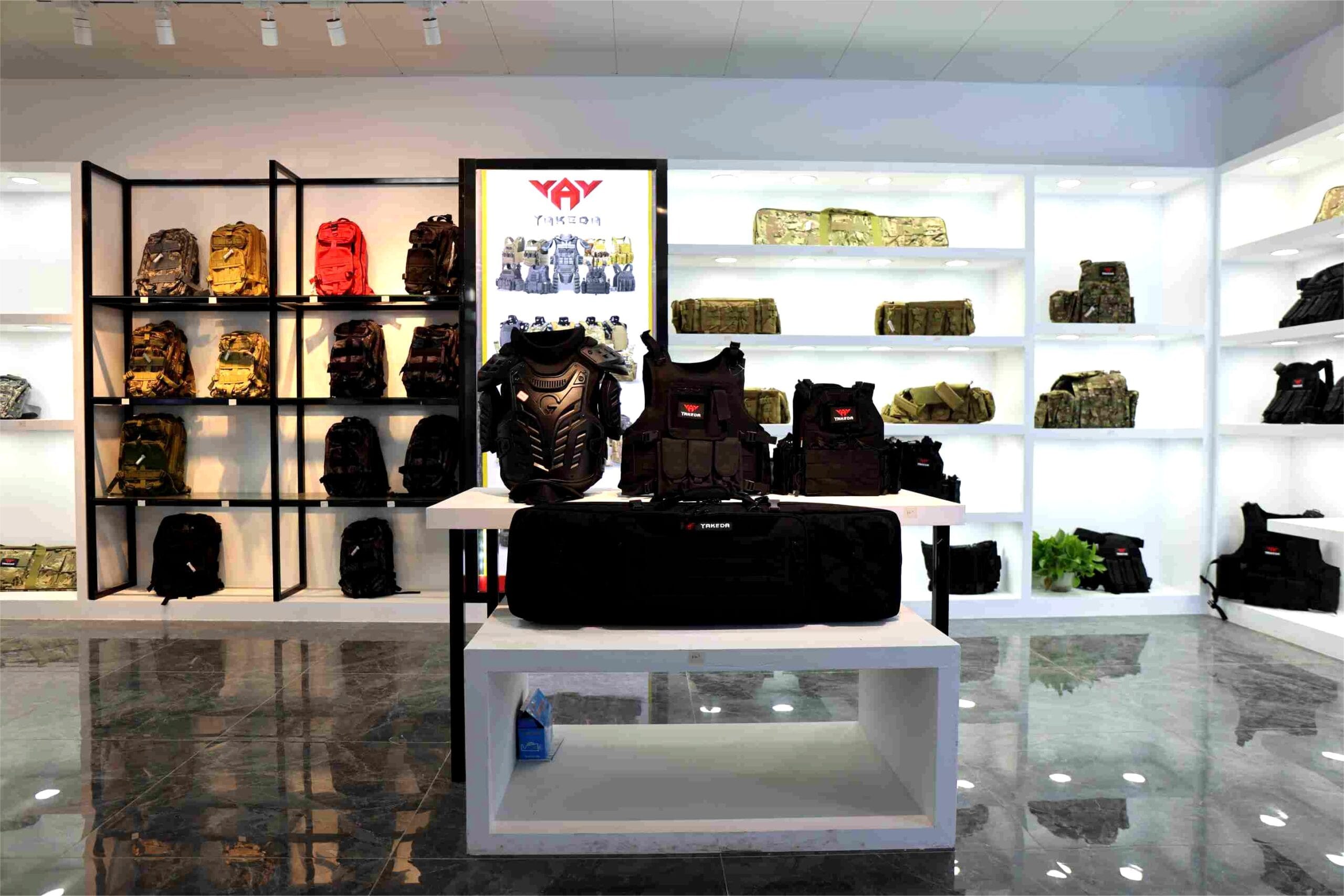Regulatory standards and certifications are crucial in ensuring bulletproof vests’ quality, safety, and performance reliability across different regions worldwide. This article explores bulletproof vests’ diverse regulatory landscape, highlighting essential standards and certifications and emphasizing how the Yakeda Group under SNJD Trading Pte. Ltd. adheres to these requirements.
Importance of Regulatory Standards
In high-risk environments, bulletproof vests are essential protective equipment used by military, law enforcement, and security personnel. Compliance with strict regulatory standards is critical to ensure these vests provide reliable ballistic protection and meet safety requirements in different operating conditions. The following are the leading regulatory agencies and standards.
NIJ Standards (United States)
In the United States, bulletproof vests are regulated by the NIJ, a division of the Department of Justice. The NIJ sets performance standards that categorize vests into different levels based on their ability to withstand ballistic threats. These levels range from NIJ Level IIA to NIJ Level IV, each corresponding to specific ballistic protection capabilities against different ammunition types.
CE Marking (European Union)
In the European Union, bulletproof vests must comply with the Personal Protective Equipment (PPE) Directive and carry the CE marking. This certification indicates that the vests meet essential health and safety requirements and provide adequate protection against ballistic threats by European standards.
ISO Standards
ISO standards such as ISO 9001 (Quality Management Systems) and ISO 9001 (Environmental Management Systems) are globally recognized benchmarks for quality assurance and environmental sustainability in manufacturing processes. Yakeda integrates ISO-certified management systems to uphold product quality, traceability, and customer satisfaction.
Physical performance test standards:
- Tensile strength and ductility: Test the strength and ductility of materials under tension. Typical standards include ASTM D5034, ISO 13934-1, etc.
- Tear strength: Evaluate the resistance of materials under tearing loads. Typical standards include ASTM D2261 and ISO 13937-1.
- Wear and abrasion resistance: Determine the durability of materials under friction and wear conditions. Typical standards include ASTM D4966 and ISO 12947.
Chemical performance test standards
- Colorfastness: Evaluate the material’s resistance to color changes caused by washing, friction, light, and other factors. Common test standards include ASTM D2054 and ISO 105.
- PH value and harmful substances: Detect chemical residues in materials or their effects on skin safety. For example, the European REACH regulations and OEKO-TEX® standards have detailed provisions for restricting and detecting harmful substances.
Yakeda’s Commitment to Compliance
Under the management of SNJD Trading Pte. Ltd., Yakeda prioritizes regulatory compliance to ensure its bulletproof vests meet or exceed global standards for quality and safety. The group’s adherence to NIJ, CE marking, and ISO standards underscores its commitment to delivering superior protective gear that enhances user safety and operational effectiveness.
Challenges and Adaptation
Navigating diverse regulatory requirements presents challenges for manufacturers, particularly ensuring consistency across global markets. Yakeda addresses these challenges through rigorous testing protocols, continuous quality improvement initiatives, and proactive engagement with regulatory authorities to stay abreast of evolving standards and certification requirements.
Innovation in Compliance
Beyond essential compliance, Yakeda invests in innovative solutions to enhance vest performance and user comfort while meeting regulatory mandates. This includes research into advanced materials, ergonomic designs, and sustainability initiatives aligning with regulatory expectations and customer preferences.

Future Regulatory Trends
Harmonization of Standards
As technology and global trade continue to advance, there is a growing push towards harmonizing regulatory standards for bulletproof vests across different regions. The goal is to streamline international trade and ensure consistent product quality and safety standards worldwide. Efforts are underway to align testing methodologies, performance requirements, and certification processes to eliminate trade barriers and enhance market access for manufacturers.
International Cooperation
Organizations like the International Organization for Standardization (ISO) and regional bodies like the European Committee for Standardization (CEN) facilitate discussions and collaborations among countries to establish common standards. This harmonization not only simplifies compliance for manufacturers but also enhances consumer confidence in the reliability and effectiveness of bulletproof vests.
Uniform Testing Protocols
Harmonized standards will include uniform testing protocols for ballistic resistance, durability, and ergonomic performance. This ensures that vests meet or exceed specified protection levels against various ballistic threats, regardless of where they are manufactured or sold.
Emphasis on Sustainability
With increasing awareness of environmental issues, there is a growing emphasis on integrating sustainability principles into manufacturing bulletproof vests. Regulatory bodies and industry stakeholders are focusing on the following:
- Eco-Friendly Materials: This shift encourages eco-friendly materials such as recycled fibers, bio-based composites, and materials with reduced carbon footprints. It addresses environmental concerns and aligns with consumer preferences for sustainable products.
- Green Manufacturing Practices: Promoting sustainable manufacturing processes that minimize energy consumption, reduce waste generation, and optimize resource efficiency. Manufacturers are exploring innovative technologies and practices to achieve these goals while maintaining product performance and safety standards.
- Regulatory Sustainability Requirements: Regulatory frameworks are expected to incorporate sustainability criteria, such as mandatory eco-labeling and compliance with environmental impact assessments. These requirements ensure that bulletproof vests meet stringent environmental standards throughout their lifecycle, from raw material sourcing to end-of-life disposal.
Regulatory standards and certifications are pivotal in guaranteeing the effectiveness and reliability of bulletproof vests in protecting personnel worldwide. Yakeda’s proactive approach to regulatory compliance under SNJD Trading Pte. Ltd.’s stewardship positions the brand as a trusted leader in ballistic protection, committed to meeting the highest quality, safety, and performance standards.